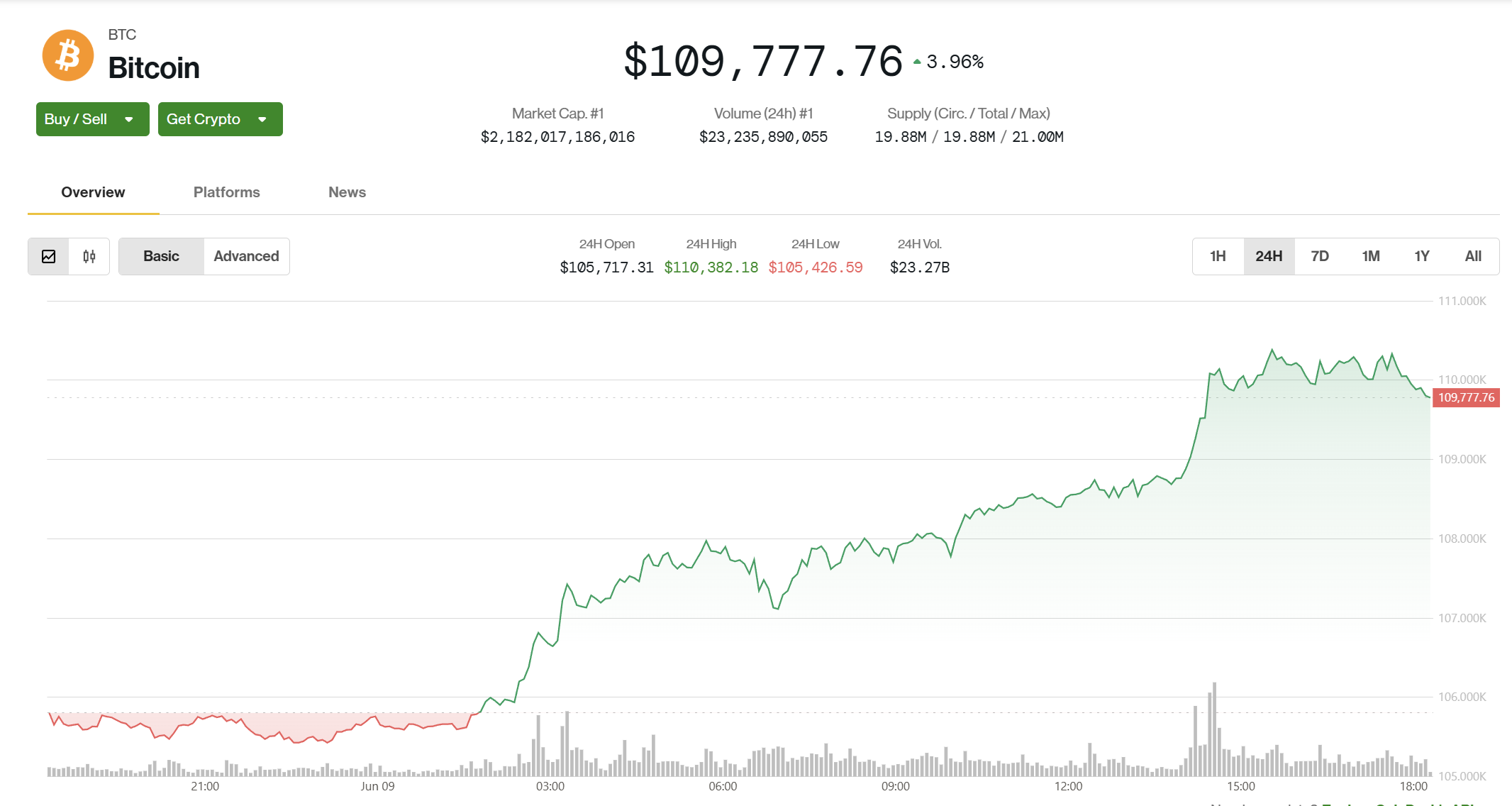
Institutional Ethereum staking is increasingly being seen as a potential catalyst for Ethereum's next price rally. As more institutions are showing interest in staking their Ethereum, this could bring about a significant shift in the dynamics of the market.
Staking involves actively participating in the operations of a blockchain network by holding a certain amount of cryptocurrency to support its operations. In the case of Ethereum, staking involves locking up a designated amount of Ether to help validate transactions and secure the network. This process is crucial for the upcoming Ethereum 2.0 upgrade, which aims to transition the network from a proof-of-work to a proof-of-stake consensus mechanism.
Institutional investors are known for their cautious approach to investing, often preferring assets with more stable returns and lower risk profiles. However, the potential rewards of Ethereum staking are becoming increasingly attractive to these investors. By staking their Ethereum, institutions can earn a passive income in the form of staking rewards, which are generated by validating transactions on the network.
Furthermore, staking Ethereum can also provide institutions with exposure to the growing decentralized finance (DeFi) ecosystem. DeFi applications built on the Ethereum network offer a wide range of financial services, including lending, borrowing, and trading, all without the need for traditional financial intermediaries. By staking their Ethereum, institutions can participate more actively in the DeFi space and potentially benefit from its growth.
The influx of institutional Ethereum staking could also have a positive impact on the price of Ether. As more institutions lock up their Ethereum for staking, the circulating supply of Ether available for trading on exchanges decreases. This reduction in supply, coupled with increasing demand from institutional investors, could create a supply-demand imbalance that drives up the price of Ether.
Moreover, the participation of institutions in Ethereum staking could help improve the overall security and stability of the network. With more institutional investors involved in validating transactions, the Ethereum network becomes more decentralized and resistant to potential attacks.
In conclusion, institutional Ethereum staking has the potential to drive Ethereum's next price rally by attracting more institutional investors to participate in the staking process. This trend not only offers institutions a new way to generate passive income and access the DeFi ecosystem but also contributes to the overall strength and security of the Ethereum network. As the crypto industry continues to evolve, the role of institutional investors in shaping the future of Ethereum and other cryptocurrencies is likely to become increasingly significant.

Leave a Reply